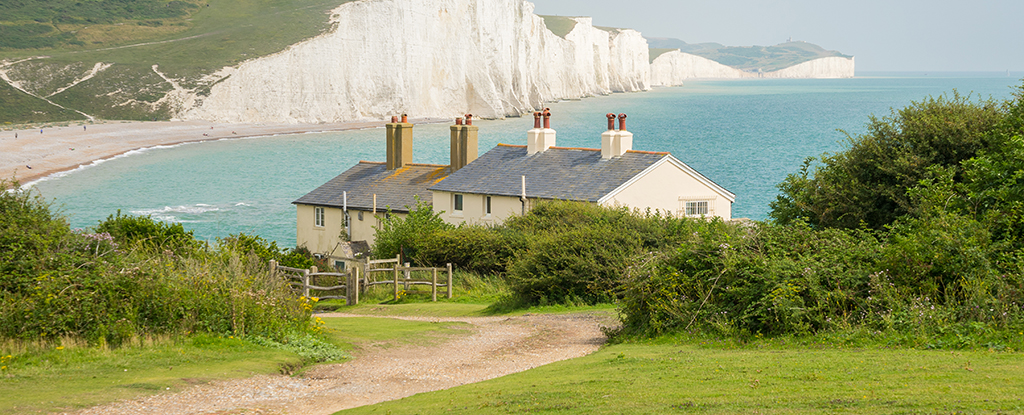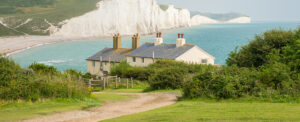
A recent study conducted by researchers at Ohio State University has revealed a significant association between living near coastlines and increased lifespan. By analyzing census records of 66,263 people, the researchers examined how proximity to bodies of water affected longevity, focusing particularly on coastal versus inland living conditions.
The study builds upon previous findings that suggest positive health benefits are linked to so-called blue spaces, such as oceans, lakes, and rivers. However, this research specifically targeted lifespan, revealing that individuals residing along the coast could expect to live at least a year longer than the average life expectancy of 79 years. In contrast, residents in urban areas near inland waters, such as rivers and lakes, tended to have shorter lifespans, averaging around 78 years.
Factors Influencing Lifespan
According to Jianyong Wu, an environmental health scientist at Ohio State University, the findings highlight a notable distinction. “Overall, the coastal residents were expected to live a year or more longer than the 79-year average, and those who lived in more urban areas near inland rivers and lakes were likely to die by about 78 or so,” Wu stated.
While the study does not establish direct causation, it suggests that several factors may contribute to this observed trend. Coastal areas typically offer a milder climate with fewer extreme temperature days, better air quality, and more recreational opportunities compared to urban regions near inland bodies of water. Additionally, properties near the coast often come with higher price tags, which could correlate with increased socioeconomic status—a key factor influencing health outcomes.
In terms of inland water bodies, the study notes a difference between rural and urban areas. Living near inland waters in rural settings can enhance life expectancy, albeit not to the extent observed for coastal living. Yanni Cao, an ecological geographer at Ohio State University, explained that “pollution, poverty, lack of safe opportunities to be physically active, and an increased risk of flooding are likely drivers of these differences.”
Implications for Future Study
This research further supports the notion that natural environments can positively impact our health, potentially increasing life expectancy. The study suggests that while blue spaces offer health benefits, urban living may diminish these advantages due to various stressors associated with city life.
“We thought it was possible that any type of blue space would offer some beneficial effects, and we were surprised to find such a significant and clear difference between those who live near coastal waters and those who live near inland waters,” Wu remarked.
The findings have been published in the journal Environmental Research, prompting calls for further investigation into how various environmental factors contribute to health outcomes. Understanding these relationships could provide valuable insights into public health strategies aimed at improving quality of life and longevity.







